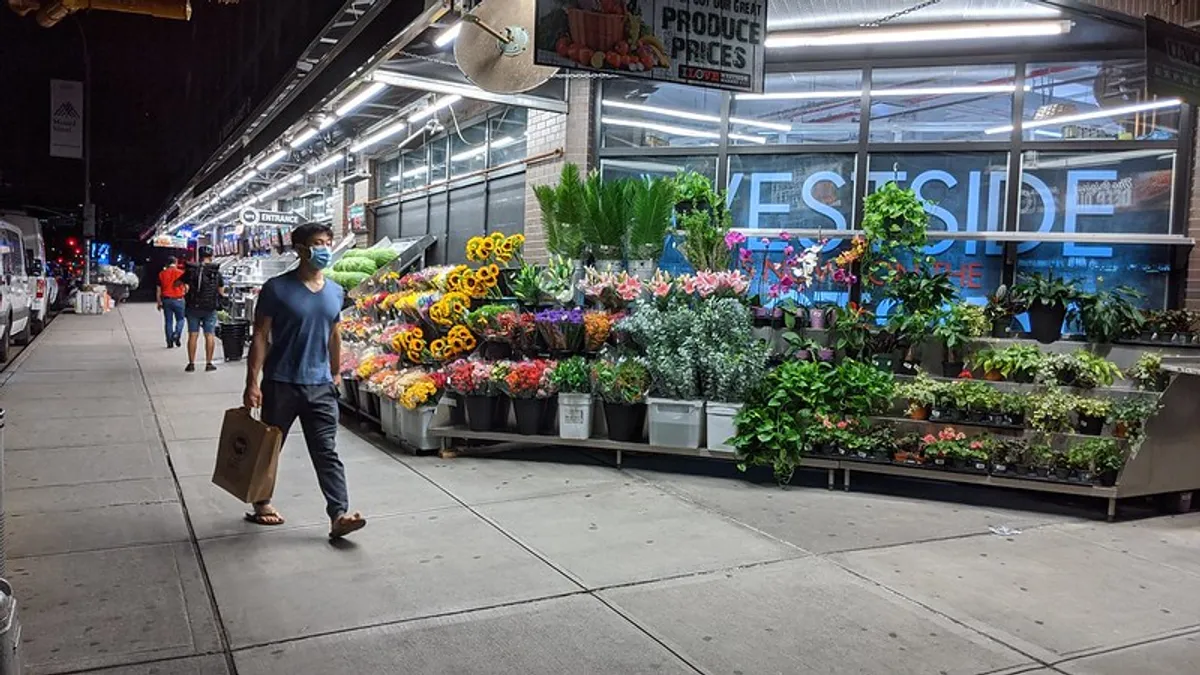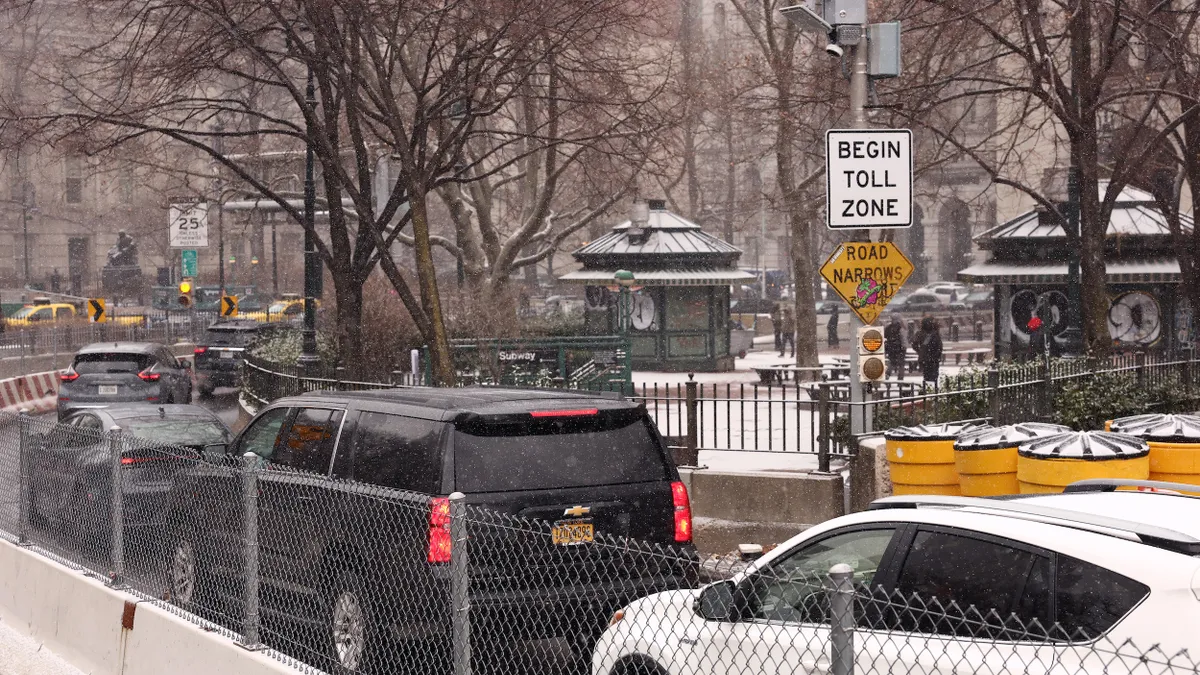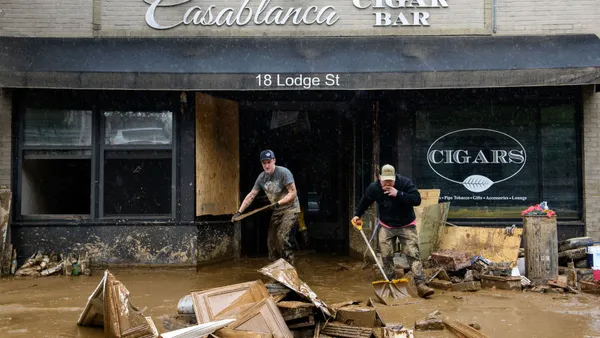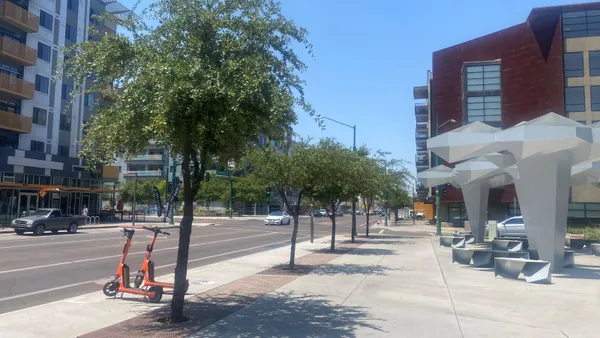Dive Brief:
- One in five New Yorkers experiences mental illness in a given year, equivalent to the population of Manhattan, according to a new dashboard released Monday by ThriveNYC, the city's mental health initiative.
- The dashboard assembles information from more than 30 datasets and geocoded maps. showing the unequal access to mental health care across the city. Only 30% of New Yorkers who did not have health insurance and needed mental health services received care, while only 49% of those with insurance were connected to mental healthcare.
- Black, Latinx and Asian American and Pacific Islander residents were less likely to receive mental healthcare than White residents. The highest poverty neighborhoods also experienced more than twice as many psychiatric hospitalizations per capita than the lowest poverty neighborhoods.
Dive Insight:
ThriveNYC was established in 2015 to tackle mental health inequities and increase access to mental health care, even to uninsured New Yorkers. A key aspect of that effort has been reducing the stigma around mental illness and encouraging any New Yorker to seek care. The office also runs the NYC Well help line, which offers crisis counseling and peer support.
Visualizing the city's mental health care needs, including breaking them down by ethnicity and neighborhood, can help show how prevalent they are, Deputy Director of the Mayor's Office of ThriveNYC Sara Solon told Smart Cities Dive.
"If you are a New Yorker experiencing a mental health challenge, or someone you love is, and then you think that the same of number of people who live in Manhattan are also experiencing some sort of mental illness this year, hopefully that can have a de-stigmatizing effect," she said. "Understanding how many people are experiencing the same thing you are can be helpful."
The new coronavirus pandemic (COVID-19) has amplified mental health problems across the country. According to survey data from the U.S. Census Bureau, 62% of respondents reported feeling nervous, anxious or on edge, and 50% reported feeling down, depressed or hopeless. In New York City, 62% of respondents reported feeling anxiety and 55% reported depression.
Cities have increasingly taken more control over delivering mental health care, but the pandemic and related economic hardship has strained those services. Even as needs grow, budgets remain limited in many cities and social distancing makes care more challenging to deliver.
Solon said she hopes the dashboard will help New Yorkers see the new services ThriveNYC provides with its $217 million annual budget, including adding counselors to neighborhoods with a shortage of health services and sponsoring consultants in public schools.
"New Yorkers are able to see exactly what we mean when we say that the landscape of mental health services has changed because of strategic investments in programs we have put in place through ThriveNYC over the last five years," she said.










